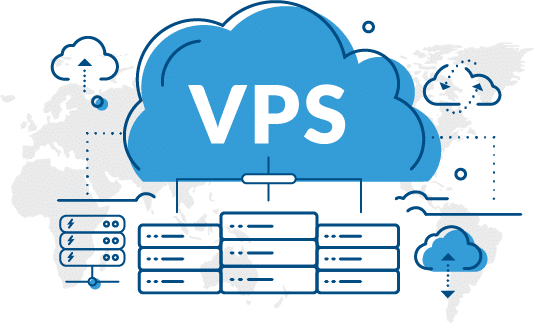Machine learning has become one of the most sought-after skills in today’s technology-driven world. Whether you’re new to the field or an experienced professional, There are a lot of machine learning courses, and finding one can make all the difference. In this comprehensive guide, we will take you on a journey through the best machine-learning courses for every level, providing you with profound insights and expert recommendations.

- Machine Learning Fundamentals course.
There are many machine learning courses but this is a two-week program, you will explore a variety of algorithms, including linear regression, logistic regression, and decision trees. Through practical examples and projects, you’ll gain a deep understanding of these algorithms and their applications. Additionally, you’ll gain valuable insights into how data can be used to make informed decisions and predictions.
- Artificial Intelligence Interview Preparation course.
This program is designed to equip you with the skills and knowledge needed to … Read more



